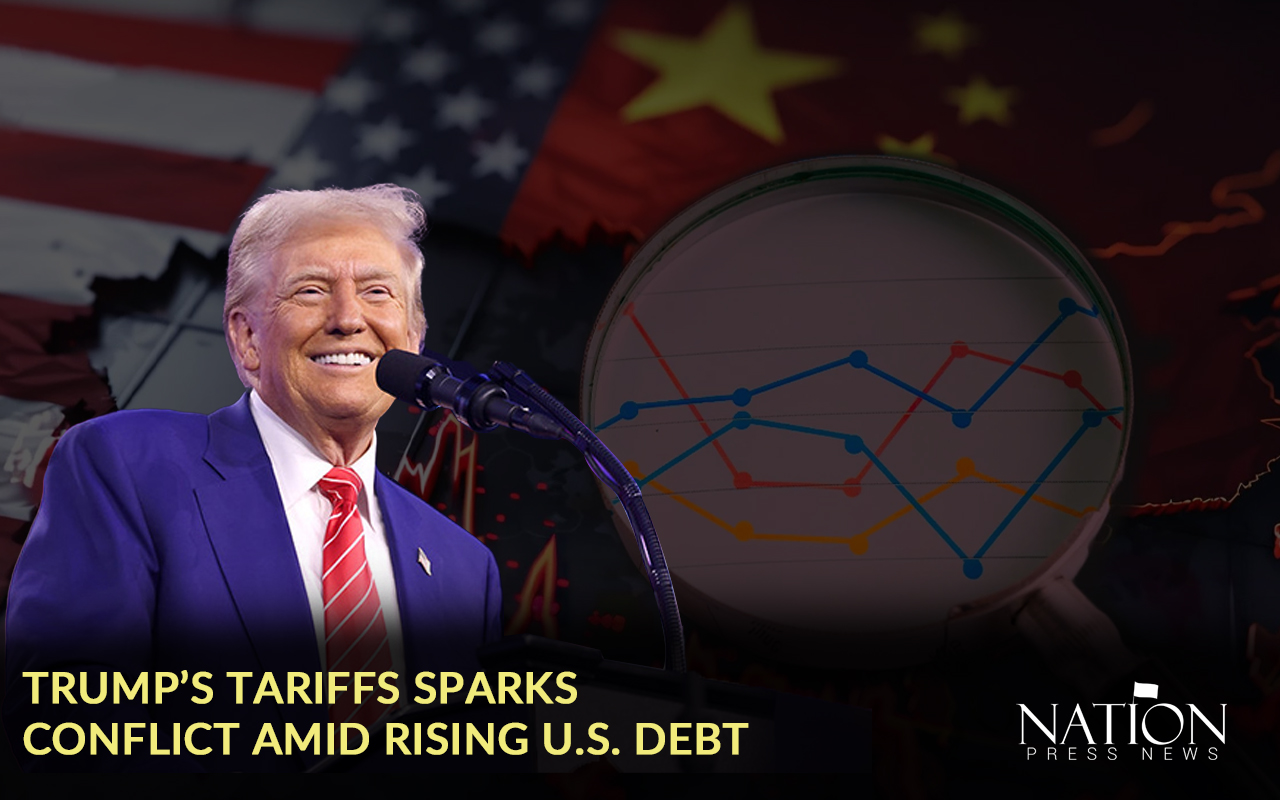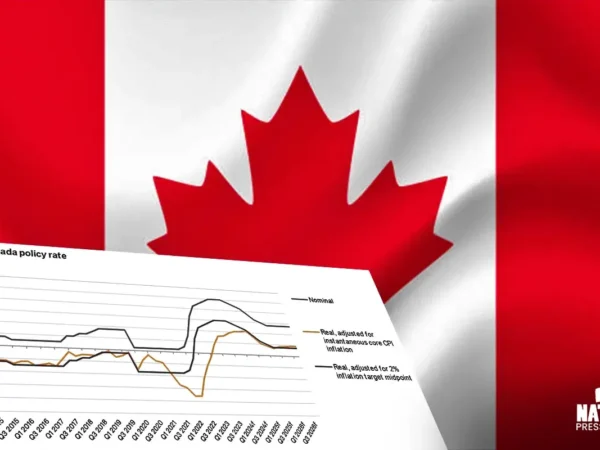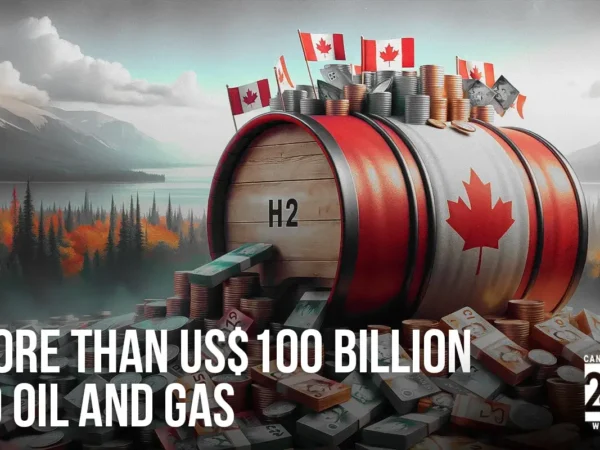Conflict over Trump’s Tariffs Continues Amid Rising U.S. Debt
U.S. markets were in turmoil for the previous week after Trump announced a 25% levy of tariffs over the import of steel and aluminium goods. This is likely applicable on trade with E.U, Australia, & Canada. This has left all the world leaders condemning it as bad for trade among the countries.
Responding to Trump, Europe retaliated with its own tariff on $28.3 billion worth of U.S. goods starting from next month. He in return ensured the media that he will charge additional duties if they charge them back to the U.S.
Condemning his decision, the president of the European Commission Ursula von der Leyen said, “Tariffs are taxes, they are bad for business and worse for consumers, they are disrupting supply chains, they bring uncertainty for the economy.”
Meanwhile in the U.S, the budget shortfall has exceeded the $1 trillion mark after only one month of Trump in office. The deficit is increasing surprisingly. According to the statement of the Treasury Department, the deficit totaled just over $307 billion for the month, nearly 2 1⁄2 times what it was in January and 3.7% higher than February 2024 while the total net interest payments year to date rose to $396 billion and it costed $74 billion to finance the U.S. debt of $36.2 trillion.
This is a result even after Trump has made a priority of getting the fiscal house of government sorted. He has taken many steps in order to achieve his goal. The Department of Government Efficiency (DOGE) has been formed by him where officials led by Elon Musk are ensuring to reduce and verify the government spending.
This advisory board has spearheaded job cuts across various departments and suggested early retirement incentives, but despite their efforts, there hasn’t been a significant impact, and the spending continues to increase and become more & more troubling for the taxpayers.
Alec Kersman, managing director and head of Asia-Pacific at Pimco, warned of an increased risk of recession because of tariffs. There is a “maybe 35% probability” that the U.S. will enter a recession this year.
Kersman advised market participants to be “more patient” in terms of rebalancing investments. “There’s a lot of noise in the markets right now, and you want to give it three to six months before you make that action. Tariffs will create more distinct winners and losers,” he said and added “The trend of globalization is being redirected, and there are no more universal laws of how capital will behave.”
Contrary to his opinion, many others think that this will be good for the domestic businesses of the U.S.A. It is believed that the consumer will spend more at home due to these ‘external factors’. There will be a rise in patriotism and development of domestic goods, and the domestic expenditure will rise, which might be beneficial for the country.
These international conditions are pushing for a big fight not like a military war but a trade war. The countries might grow insular and would result in decrement in international trade. Even if it is favourable for domestic markets in the short term but long term wise, this will halt the international trade, halting the development and growth.







